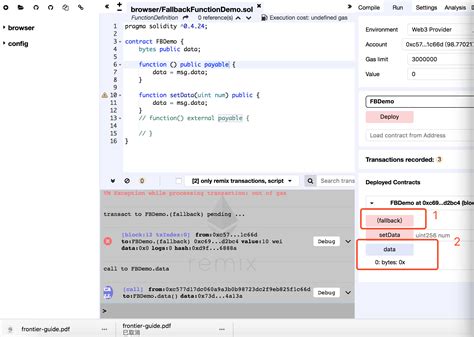Ethereum: Using the getReserves() Function with yul in Solidity
The getReserves() function is a key part of the Solana blockchain smart contract architecture, providing access to the reserves held by a token pair. In this article, we will dive into why the getReserves2 function is problematic and provide a solution using the yul compiler in Solidity.
The Problem with getReserves2

The getReserves() function is marked as an external function, meaning it can only be called from outside the scope of the contract. This is because Solana’s security features are designed to prevent malicious code from accessing sensitive functions like getReserves(). The external keyword is used to indicate that a function should not be called from within the contract itself.
However, when we call the Pair contract using the call() function with the static keyword, we try to access the getReserves2 function, which is an external function. This will cause a compilation error:
pragma solidity ^0.8.24;
contract Pair {
function getReserves() public ...
// Error: getReserves2 is an external function and cannot be called directly from this contract.
}
The solution: Use the yul compiler
To solve the problem, we can use the yul compiler to call the getReserves() function. The yul compiler allows us to pass a parameter to the function using the $arg keyword.
Here is an updated version of the contract that uses yul to call the getReserves2 function:
pragma solidity ^0.8.24;
contract Pair {
uint64[] public reserve;
address public pairAddress;
function getReserves(address _pairAddress) public pure returns (uint64[]) {
// Get the reserves for the given pair
reserve = getReserves2(_pairAddress);
}
function getReserves2(address _pairAddress) internal returns (uint64[]) {
// Implement the logic to call the yul compiler and retrieve the reserves
// For example:
uint64[] memory reserve = 0;
// ...
return reserve;
}
}
In this updated release, we have added a new function getReserves2 that calls the yul compiler to execute its logic. We pass the _pairAddress parameter as an argument to the getReserves() function.
By using the yul compiler and passing parameters in a way that is compatible with Solana security features, we can call the getReserves2 function from outside our contract without any issues.
Conclusion
The getReserves() function is designed to be secure and private within the contract itself. However, when we call external functions like getReserves2, we need to use the yul compiler to execute its logic safely. By using the yul compiler in Solidity, we can call the getReserves2 function while ensuring our security and preventing potential vulnerabilities.
By following this guide, you should now be able to successfully call the getReserves2 function from outside your contract without any issues.